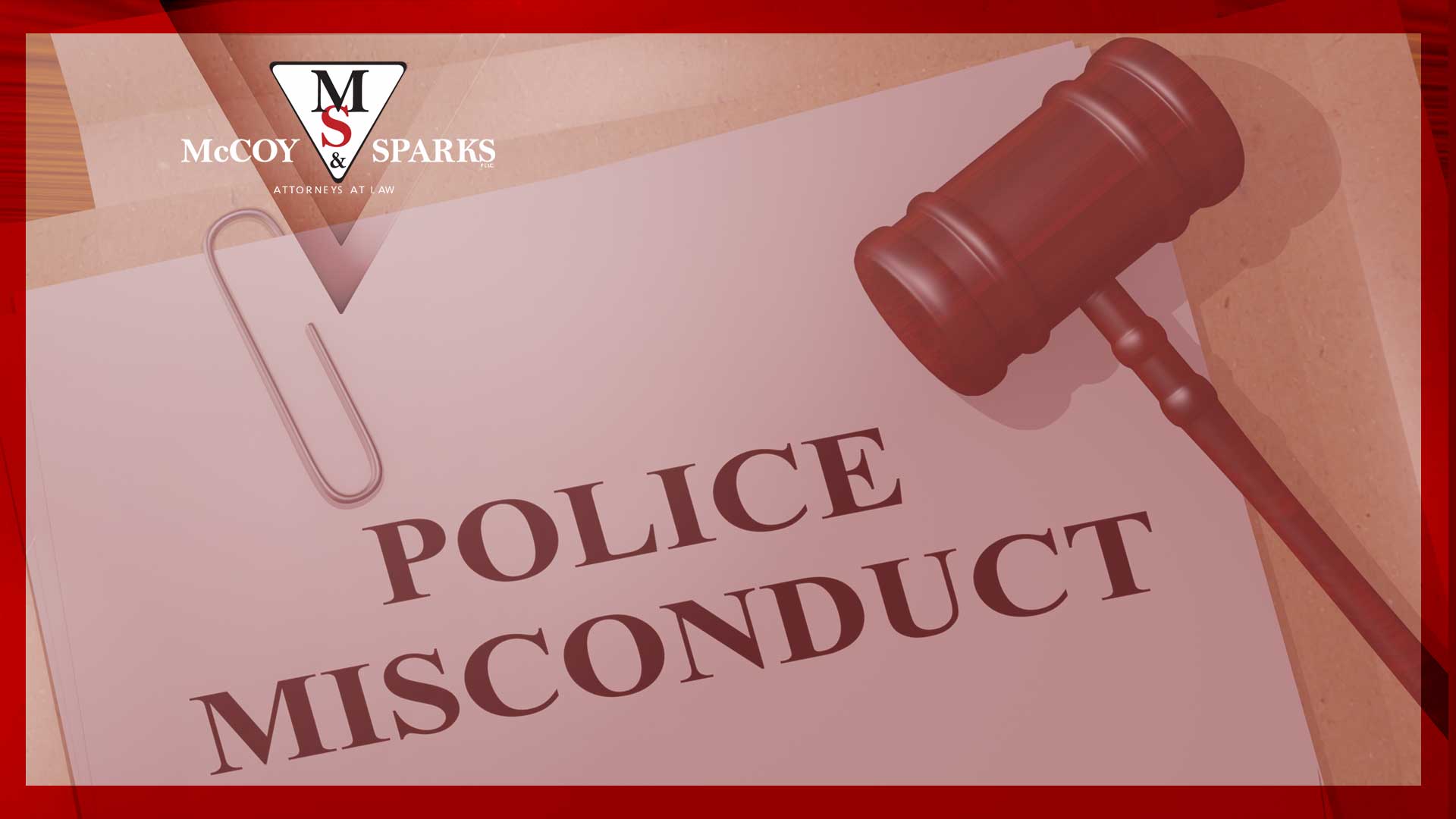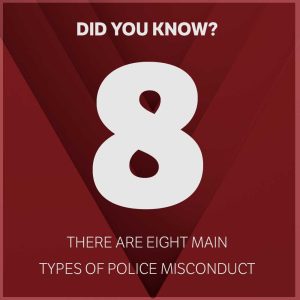
Being the victim of police misconduct can be both physically and emotionally traumatic as well as financially damaging. Many choose not to go forward with civil lawsuits against the police because of the fear of police officers retaliating against them. Additionally, victims may be discouraged by others dismissing their claims. Friends and family may even act as if the police were only doing their jobs when mistreating you, but the reality is that no one has the right to unjustifiably inflict physical and emotional harm — not even the police.
The unfortunate reality is that proving that one or more police officers abused their power is incredibly challenging, especially because police departments often conduct biased internal investigations, and, unsurprisingly, these investigations frequently conclude that an accused officer’s actions were justified.
Regardless of whether a police officer is held accountable by their department, you have every right to file a lawsuit against them, but you’ll need to do everything you can to strengthen your case, as proving police misconduct will be an uphill legal battle.
That said, you can contact a police misconduct attorney to help you with your case in order to increase the likelihood that you recover the compensation you deserve. In this article, you’ll learn about how much you may be able to recover in a police misconduct case and the types of damages you can seek.
Types of Police Misconduct
Before diving into what damages you may be able to recover, it’s important to know what may qualify as police misconduct. Some common types of police misconduct include:

- Excessive Force: The line between necessary force and excessive is often blurry, making it tough to prove in civil court. An officer may have used excessive force against you if they unreasonably tased you, choked you, shot you, or beat you.
- Wrongful Arrest: Police officers need a justifiable reason to arrest you and must have probable cause, meaning they reasonably believe that you have or are currently committing a crime.
- Harassment: Police harassment can take many forms, including illegal surveillance, retaliation, intimidation, verbal abuse, and using discriminatory language, such as saying something racist, sexist, or homophobic.
- Unjustifiable Search and Seizure: Police officers cannot search your home without a search warrant, and they can’t search your vehicle without probable cause unless you give them permission.
- Perjury: If an officer gives intentionally false or misleading testimony in court, you can seek misconduct damages that reflect the harm they caused you.
- Falsifying, Altering, or Getting Rid of Evidence: Like with perjury, if a police officer intentionally falsifies, alters, or removes evidence to incriminate you, you can file a lawsuit.
- Sexual Misconduct and Assault: Tragically, police officers sexually assaulting victims is not uncommon, and they may use their position of power to coerce adults or minors to engage in non-consensual sexual relations.
- Racial Profiling: This occurs when law enforcement officers target individuals solely based on their race or ethnicity without reasonable suspicion or probable cause, leading to unjustified stops, searches, questioning, and arrests.
How Can Police Misconduct Be Prevented?
When communicating with police officers, it’s important to be respectful to avoid escalating the situation and incurring physical or emotional mistreatment, but the reality is that there’s no definitive way to avoid being the victim of police misconduct.
If you’ve suffered from misconduct, it’s best to start building your case as soon as possible by collecting evidence and contacting a police misconduct attorney.
How Much Can You Sue for Police Misconduct?
The amount that you may be able to recover after being the victim of police misconduct will depend on the severity of your losses. When seeking compensation in civil court, there are two main types of damages you can seek: economic and non-economic.
Economic damages relate to the monetary losses you’ve suffered as a direct result of police misconduct. For example, if an officer used an excessive chokehold against you and injured your throat, you would likely seek economic damages reimbursing for your past and future medical bills.

If the police’s wrongdoing impacts your ability to work, you can also seek monetary reimbursement for lost wages and loss of future earnings. An officer wrongfully arresting you may impact your employment opportunities, or you may lose your job as a direct result of the false arrest. You can seek compensation for the money you lost.
Unlike economic damages, noneconomic damages compensate you for intangible losses. These damages compensate you for the physical, emotional, and psychological impact of a police officer’s wrongdoing. For example, if a police officer sexually assaulted you, you would likely seek damages addressing the pain and trauma you experienced during the attack as well as the ongoing physical, mental, and emotional toll that the event caused.
It’s impossible to predict how much your police misconduct case may be worth, but you can contact an attorney to help you build your case and determine what damages to seek.
Call a Central Kentucky Police Misconduct Attorney Today
Sadly, it can be incredibly challenging to recover rightful damages after one or more police officers abuse their power, and you need to do everything you can to build a strong case. It’s best to get in touch with an experienced police misconduct attorney as soon as possible.
For expert legal support in Central Kentucky police misconduct cases, contact the excessive force and police brutality lawyers at McCoy & Sparks Attorneys at Law. We’ll work diligently to prove your case and hold the police financially accountable for your damages.
You can schedule a free case consultation with our attorneys online or by calling 844-459-9467.

